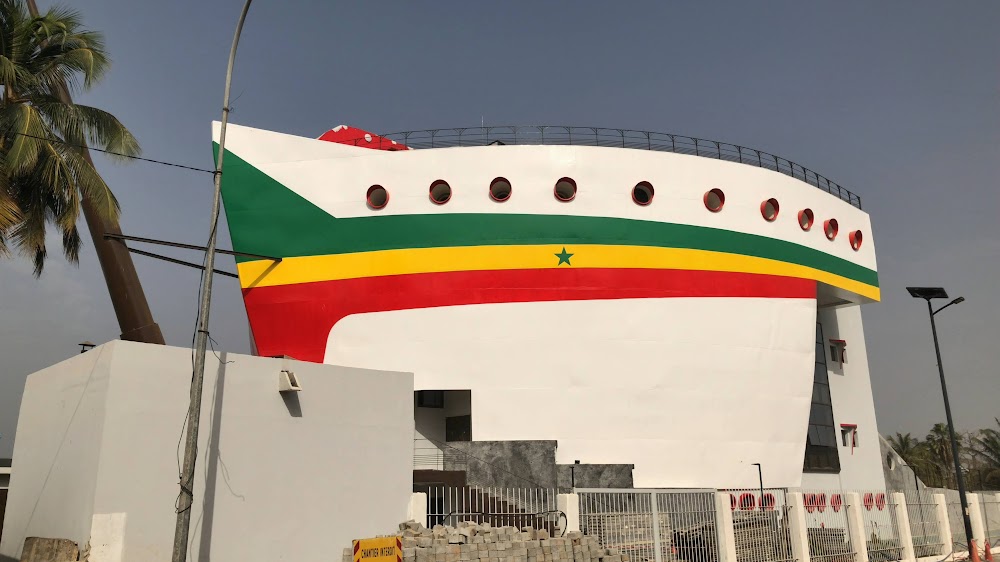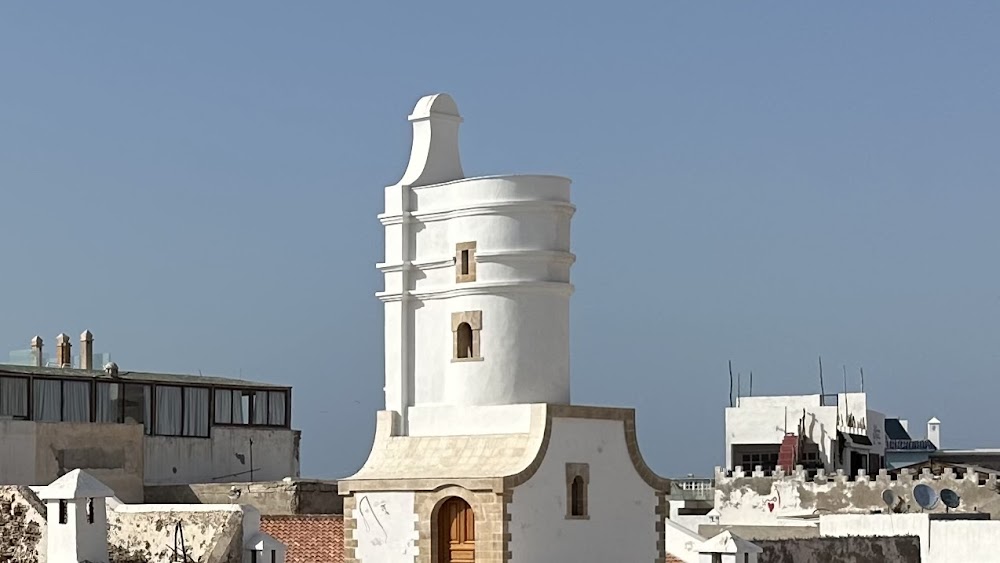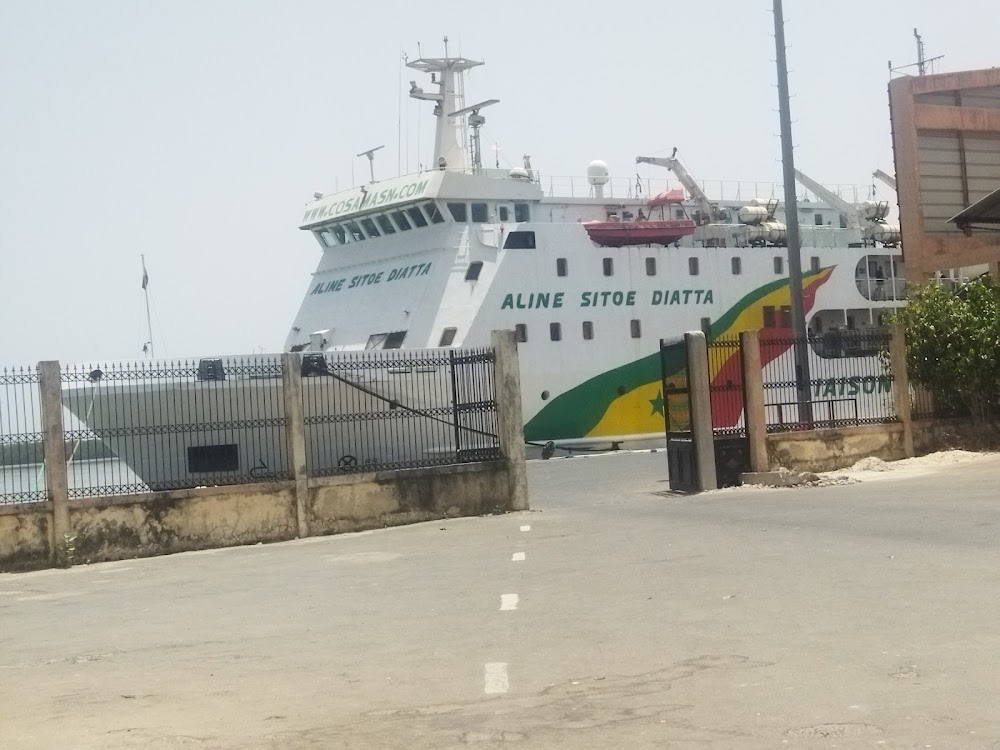Forest of Bandial (Forêt de Bandial)
Overview
Bondali Forest Station, situated in the enchanting Forest of Bandial near Ziguinchor, Senegal, embodies a remarkable journey of community collaboration, environmental conservation, and sustainable development.
Origins of the Forest Station
In the early 2000s, the urgent need for a forest station became evident as illegal logging, encroachment, and habitat destruction threatened the area’s rich biodiversity. Responding to these challenges, the local government of Ziguinchor, alongside environmental NGOs and international partners, united to establish the Bondali Forest Station, marking the beginning of a significant conservation initiative.
Community Involvement
The project was launched with thorough planning and consultations involving local communities. Traditional leaders, elders, and village representatives played a crucial role in ensuring that the station honored local customs and brought tangible benefits to residents. This collaborative approach fostered a strong sense of ownership and commitment among the people of Ziguinchor and surrounding villages.
Construction with Purpose
Construction of the Bondali Forest Station commenced in 2005, focusing on sustainability by utilizing locally sourced materials and traditional building techniques. Mud bricks, bamboo, and thatch were the primary construction materials, providing natural insulation while minimizing environmental impact. Employing local artisans boosted the economy and ensured that traditional skills were passed down to younger generations.
Environmental Conservation Practices
Throughout the construction phase, strict adherence to environmental conservation principles was maintained. Trees were only felled when absolutely necessary, with new saplings planted in their place. Water conservation measures, including rainwater harvesting systems, were implemented to further reduce the station’s ecological footprint.
Operational Launch
By 2008, Bondali Forest Station was fully operational, strategically positioned at the forest’s edge to serve as a gateway for researchers, conservationists, and eco-tourists. The station boasts facilities such as dormitories, research labs, a visitor center, and an education hall, all powered by solar panels, ensuring a clean and renewable energy source.
Empowering the Community
A key aspect of the station's success is its emphasis on community involvement in operations. Local residents were trained as forest rangers, guides, and educators, creating employment opportunities while cultivating a culture of conservation. Additionally, the station initiated educational programs for local schools, instilling the importance of preserving their natural heritage among the youth.
Reforestation and Biodiversity
One of the standout achievements of Bondali Forest Station has been its reforestation programs. With the help of local and international volunteers, vast areas of degraded land within the Forest of Bandial have been replanted with native species. These efforts have restored natural habitats, improved soil quality, and significantly increased biodiversity.
Wildlife Conservation Efforts
The station has also played a pivotal role in wildlife conservation, becoming a sanctuary for endangered species such as the West African lion and the African forest elephant. Research conducted at the station has yielded invaluable data, informing effective conservation strategies and enabling targeted protection efforts for these vulnerable species.
Thriving Eco-Tourism
Thanks to the Bondali Forest Station, eco-tourism has flourished, attracting visitors from around the globe to experience the breathtaking beauty of the Forest of Bandial and learn about its unique ecosystem. This influx of eco-tourists has not only boosted the local economy but also created additional revenue streams for ongoing conservation activities.
A Symbol of Hope
Bondali Forest Station stands as a powerful symbol of what can be achieved through collective effort and a steadfast commitment to sustainability. It demonstrates that environmental protection and development can indeed go hand in hand, serving as a beacon of hope for regions facing similar challenges.
Through its ongoing initiatives, the Bondali Forest Station continues to inspire future generations to appreciate and safeguard their natural environment. Its story is a compelling reminder of the importance of collaboration, innovation, and respect for the world we share.






